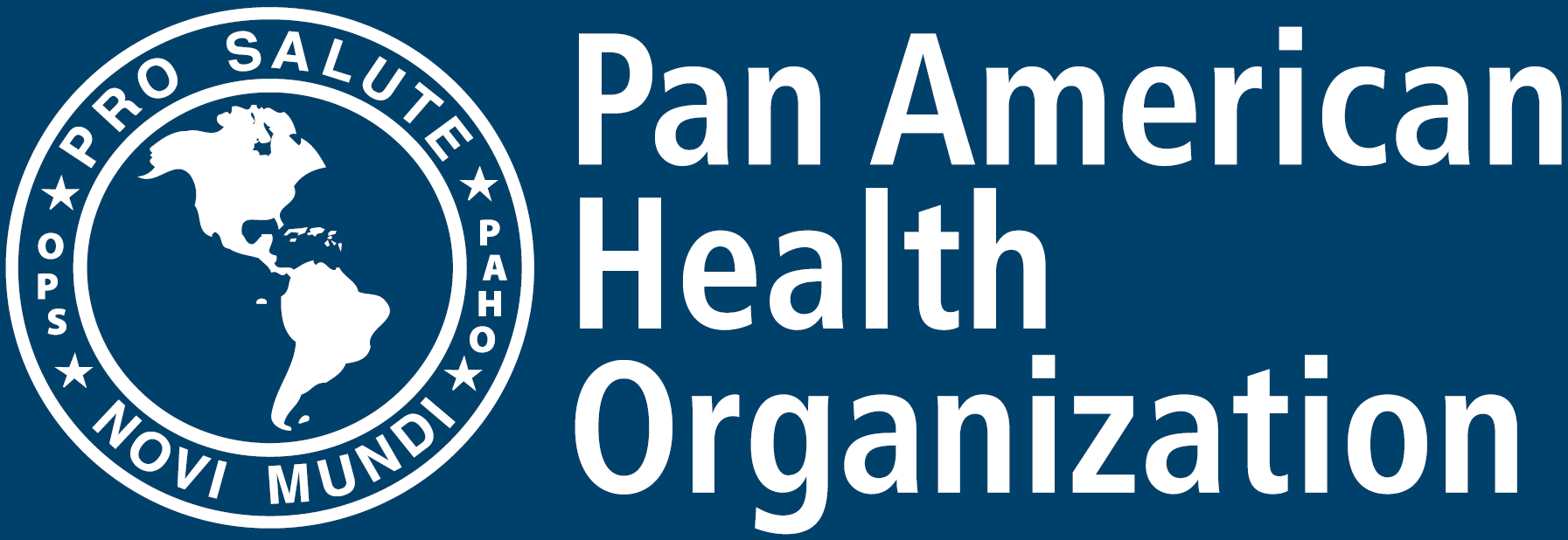UNODC’s Review of Prevention Systems (RePS) tool assists countries in assessing how closely their national or sub-national (e.g., provincial, municipal) drug use prevention system aligns with the UNODC/WHO International Standards on Drug Use Prevention with the aim of identifying areas of strength and weakness to allow improvement. The information gathered through the implementation of the RePS tool assesses the quality of interventions being implemented by age, level of risk, and the setting of the implementation. Analysis is conducted at both the national and regional level, making results relevant to policy makers and practitioners at all levels. The holistic review of the prevention system aims to identify effective prevention interventions, supportive policy frameworks, encourage the use of evidence-based planning and research, improve coordination among different sectors and levels, and promote sustainability.
The prevention systems tool, RePS, has been pilot tested in Norway and presented as key document to the Norwegian State Secretary of Health in September 2023 to guide national drug prevention strategy. The plan is to adapt RePs at the global level and replicate this process of systems analysis, especially in low- and middle-income countries.
The Review of Prevention Systems (RePS) tool entails:
- Mapping out all prevention intervention and services by age group, level of risk (universal, selective, indicated) and different settings (families, schools, communities, etc.).
- Evaluating how closely prevention services align with the UNODC/WHO International Standards on Drug Use Prevention.
- Conducing a SWOT (Strengths Weaknesses Opportunities and Threats) analysis of the existing prevention infrastructure.
- Assessing the overall prevention framework to identify gaps, enabling policies and regulations, research infrastructure, coordination and coherence of services, competency of the delivery structure, and sustainability of the results.
- Drafting a report on the Review of Prevention System (RePS) at the national level; and
- Validating the RePS results with national governmental and non-governmental counterparts to identify recommendations to improvement the drug prevention system as part of a national strategy.
The plan is to replicate such model in at least 10 Low- and Middle-Income countries in 5 different geographical regions.
Globally, the RePS tool aims to improve the quality of drug prevention services by identifying gaps in implementation and building on the existing science described in the UNODC/WHO International Standards on Drug Use Prevention.
- The in-depth SWOT analysis conducted as part of the RePS tool ensures the resulting drug prevention strategy is grounded in a scientifically based plan of action.
- Existing interventions/responses that may not have been previously considered are highlighted through the systematic analysis of the existing prevention system.
- National plans of action or national prevention strategies are developed with data-informed decisions.
- Resources and drug prevention priorities are more efficiently invested.
- Further streamlining and coordination of prevention response is more easily achieved.
- The value of monitoring and evaluating prevention interventions is demonstrated and promoted through the use of RePS.
UNODC, Wadih Maalouf, Coordinator Drug Prevention Programme wadih [dot] maalouf [at] un [dot] org (wadih[dot]maalouf[at]un[dot]org)




